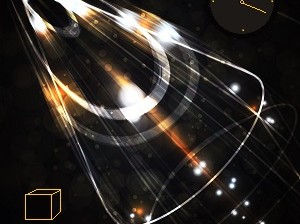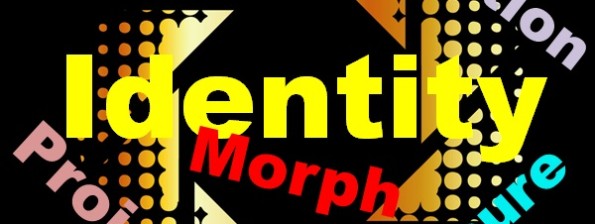Tag Archives: knowledge
25 Aug Determinacy in Neural Connections
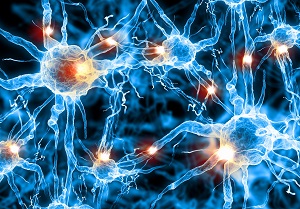
For many years, researchers thought that it was wrong to assume that there was a cell or set of cells in the brain that stored the memory of Grandma’s face. Though the comparison with computer memory was appealing, it was thought to be too simplistic and incorrect. Now, more researchers in different academic disciplines are assuming […]
31 Jul Modeling Non-Random Synaptic Links
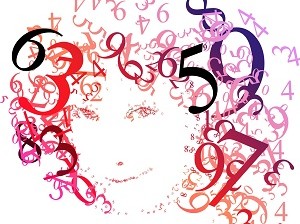
I have discussed the different meanings of “random” in “The Random Hamlet” and “That’s so Random!” in which the mathematical definition presumes there is some not yet known law that governs the phenomenon, where other definitions suggest that randomness means that the phenomenon is not governed by any law. Remember our reference to Rosenblatt’s early contributions in […]
26 Jul Parallel Distributed Pattern Processing

PDP Networks We have discussed recognition processes in the brain. Connectionism, a fundamentally implicit approach to neural modeling, was championed by the parallel distributed processing (PDP) group. PDP networks use many interconnected processing elements (PEs) that, according to the PDP Group, configure themselves to match input data with “minimum conflict or discrepancy” (Rumelhart & McClelland, 1986, Vol. 2, […]
24 Jul Pattern Classification in Space

Pattern Classification Visual patterns can be recognized and classified based on prior knowledge: I see that this hairy animal has four legs and is about the same size as my dog, so I’ll assume it is (or classify it as) a dog. This may not be a correct classification, but it’s more correct than classifying it […]
15 Jul From Perception and Learning to Logic
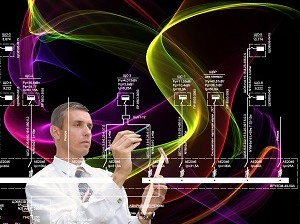
Perception and Learning I am not a cognitive scientist, so all I have said in this section is based on the work of others. On the other hand, I have probably spent more time seriously studying cognition than most computer geeks, and I have tried to form my perspectives around the best of our knowledge. The […]
08 Jul Playing the Slots

Frames and More You could just throw everything into the blender and see if a nice smoothie comes out. But for some cuisine and some complex processing tasks, the blender model is unsatisfactory. With neural networks and semantic networks and concept graphs, it may be best to separate things by category, choose different blender speeds, […]
07 Jul SPARQL Fireworks

How do you get at knowledge in conceptually structured information stores such as graphs? There are multiple ways to get data and information in broad use today. The most common is Structured Query Language (SQL) which is used as the almost universal access formalism for getting, storing and manipulating data in relational databases. An emerging standard […]
01 Jul Chaos About Us

Chaos About Us Chaos is all about us. I know that for certain each time I look into my kids’ rooms. When I recall my own youth, however, it occurs to me that I had a reason for the way I organized my life. It seemed meaningful to me, and although I recall how difficult it was […]





